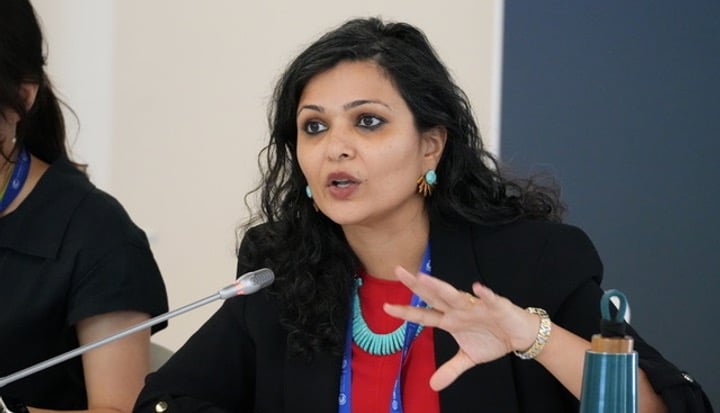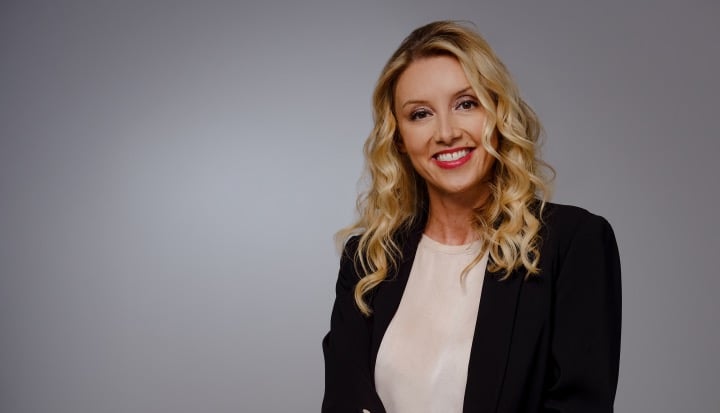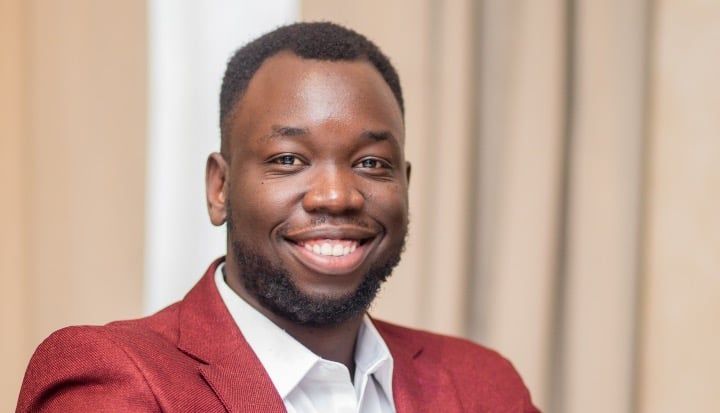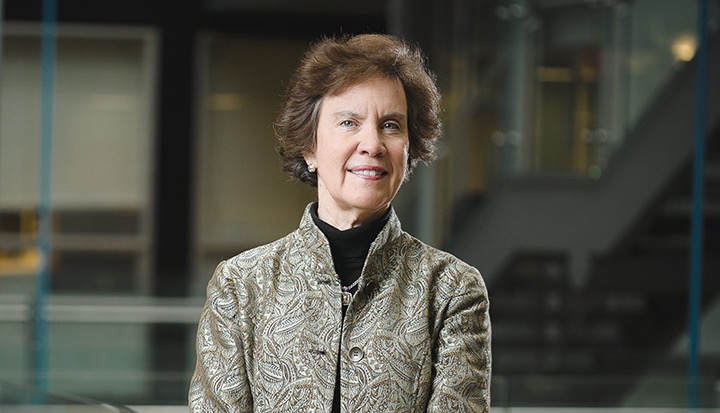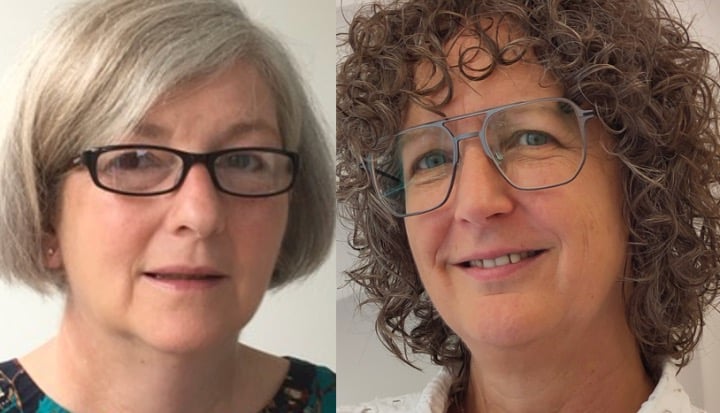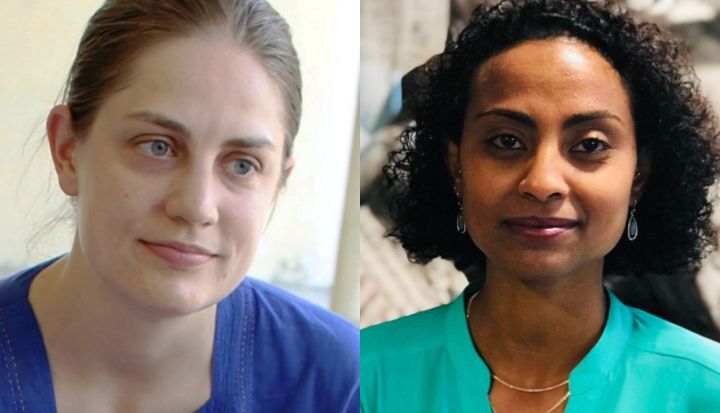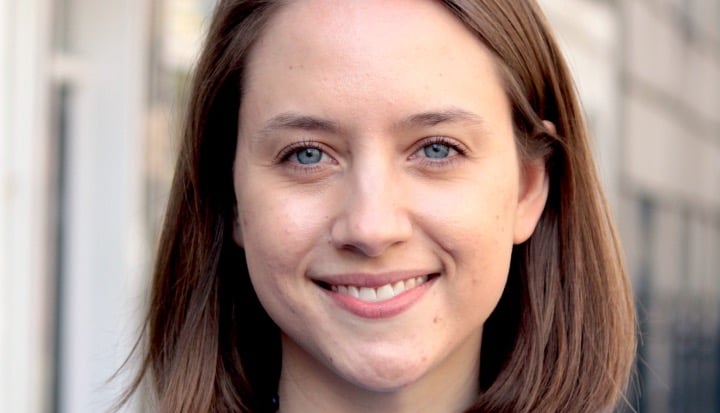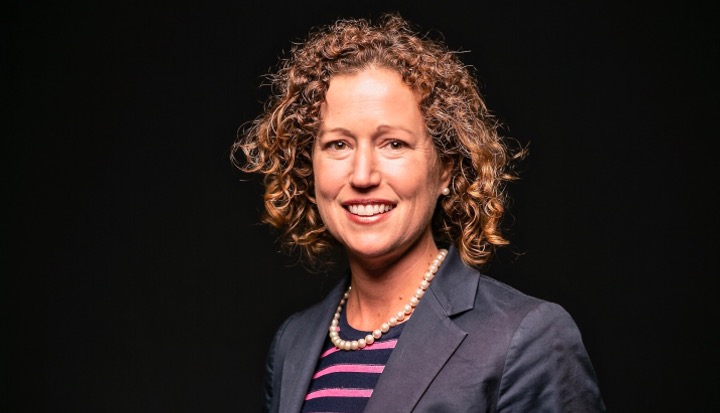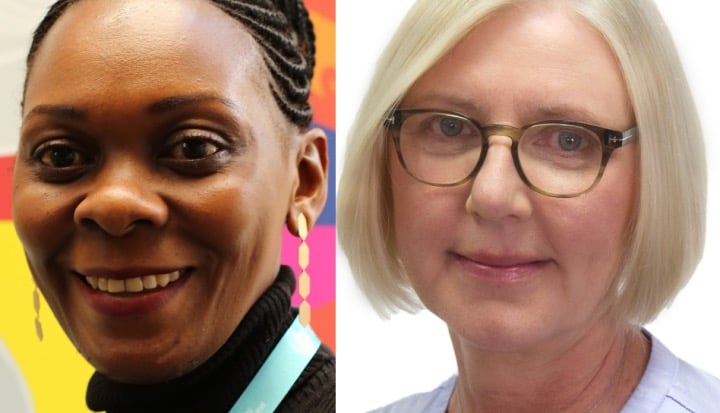BFP: What do you do?
 PM: I’m the Executive Director of Engineers Against Poverty (EAP), an independent NGO that works with government, industry and civil society to fight poverty and promote sustainable development. One of our major programmes is the Construction Sector Transparency (CoST) initiative. EAP works with partner organisations to run the CoST International Secretariat.
PM: I’m the Executive Director of Engineers Against Poverty (EAP), an independent NGO that works with government, industry and civil society to fight poverty and promote sustainable development. One of our major programmes is the Construction Sector Transparency (CoST) initiative. EAP works with partner organisations to run the CoST International Secretariat.
BFP: What is the best part about your job?
PM: EAP is involved in developing highly innovative policies, systems and procedures aimed at maximising the development benefits of investments in infrastructure. This involves focusing on things like procurement, supply chain development and risk management. These are routine functions and they aren’t glamorous, but they are the critical areas for interventions aimed at creating jobs, promoting enterprise development and providing training. I enjoy being part of a small organisation that has developed an international reputation as a result of the quality of its work in these important areas.
BFP: What has been your greatest challenge?
PM: There has been a transformation in corporate attitudes towards civil society since I started working for EAP almost 10 years ago. At that time many companies were suspicious of NGOs and tended to see them as a potential threat. These attitudes were often a result of their experiences of campaigns aimed at changing corporate behavior in relation to environmental or human rights issues. It took them a while to understand that in addition to the campaigning NGOs, there were a growing number of others seeking opportunities to work in collaboration with industry to improve the development impact of business.
It took considerable effort to win the trust of potential corporate partners and to find ways of working with them, particularly when they realised that we were interested in their core business operations, rather than their CSR or philanthropic activities. Since then we have developed successful partnerships with leading international companies such as AMEC, Balfour Beatty, Arup and PwC. These companies are very sophisticated in their thinking about relationships with NGOs and recognise the potential value-added of working in cross-sectoral partnerships.
BFP: What advice can you give others wanting to implement similar initiatives?
PM: Mobilising the development potential of the private sector more effectively is probably the single greatest opportunity to accelerate progress towards the Millennium Development Goals. Individuals who want to help lead this process should consider three things. First, they need to look within their own companies to see what more can be done. The opportunities will vary enormously depending on the nature of their business, but the key to improving the development impact of business is to establish a business case for doing things differently. Their colleagues for example might find numerous reasons not to source more of their goods and services from local suppliers, but if it can be demonstrated that doing so will secure cost efficiencies for the company in the medium to long term, they are more likely to be persuaded.
Second, they should learn from what others are doing. Far more is understood now about how to align corporate and societal interests to create mutual beneficial outcomes and a range of tools and approaches are available to support companies in their efforts.
Third, they need to ensure that the lessons from experience are absorbed by their companies and used to improve future performance. I’m often surprised that one part of a company is unaware of the experiences of another part of the same company. Organisational learning doesn’t occur spontaneously and they need to develop systems and promote a culture of learning from experience. It’s almost thirty years since Donald Schon developed the idea of organisations enabling people to become ‘reflective practitioners’, but there are still few examples of industry doing it effectively.
BFP: If someone wants to do what you do, where should they start?
PM: I meet a lot of young engineers who are motivated by a desire to help find solutions to global challenges such as poverty, natural disasters and climate change. They sometimes think that working for an NGO is the best or even the only way to do this. I usually encourage them to go into industry. One of the main drivers of improving the development impact of business in recent years has been the demands and aspirations of employees. Forward-thinking companies understand that to attract and retain the best people, they need to understand their impact on society and seek where possible to align their commercial interests with the interests of the full range of stakeholders who are affected by their operations. NGOs have an important contribution to make, but only industry has the economic power, technological know-how and global reach to scale-up business based solutions to poverty.
BFP: Finally: what do you hope to get out of being part of this community?
PM: Business Fights Poverty is a tremendous resource for anyone interested in the development impact of business. I use it as a place to meet like-minded people, learn about events and resources and gain inspiration. I’m conscious that it is a resource for me to draw on, but also one that I should contribute to if I want it to attract more members and improve even further.
Thank you to Petter Matthews for taking the time to do this interview.
We’re always looking out for members to feature. Help us by taking two-minutes to update your profile, or by nominating someone for Business Fights Poverty Member of the Week.
This Member of the Week interview was conducted by Hester le Roux, BFP Member Relations Manager. Read previous Member of the Week interviews here.

